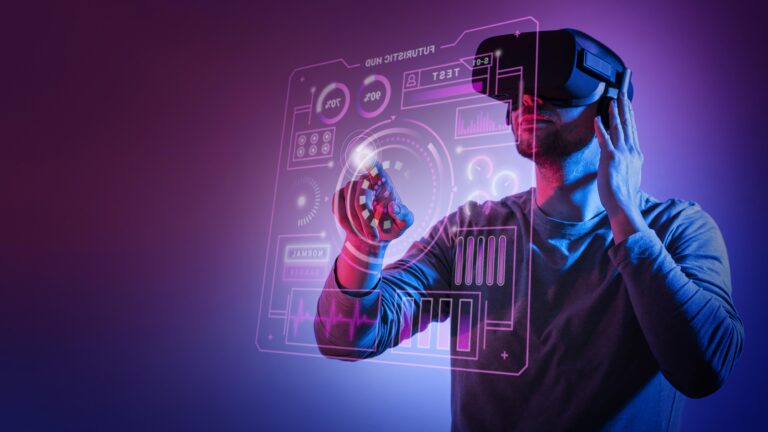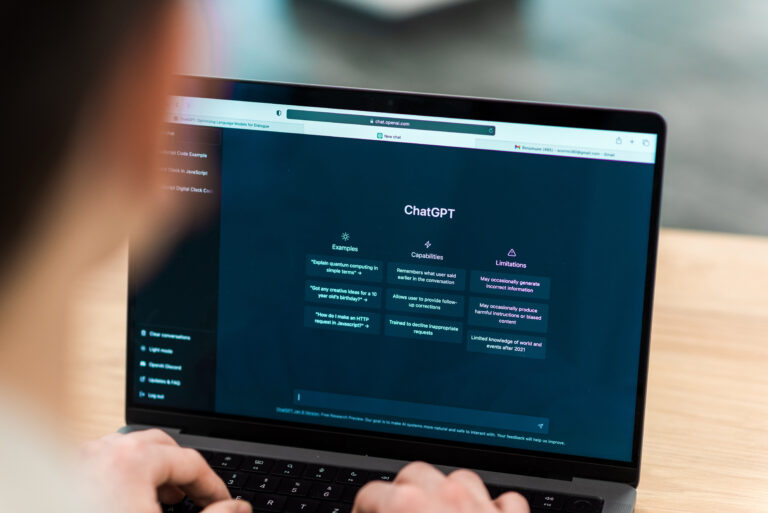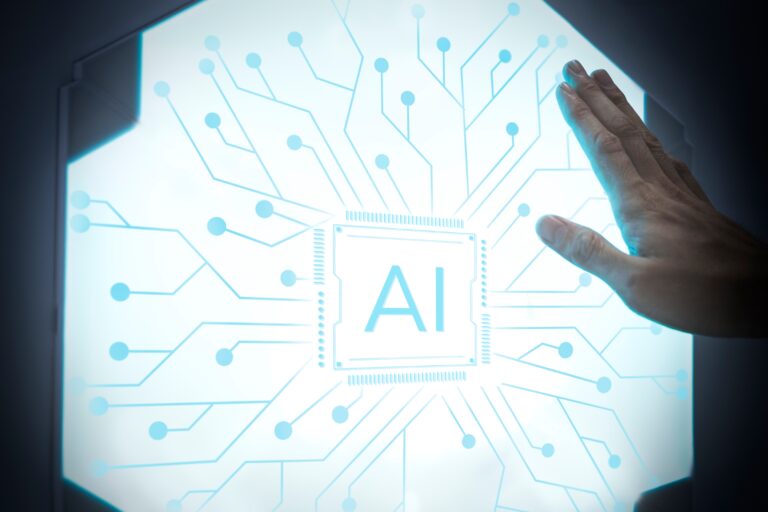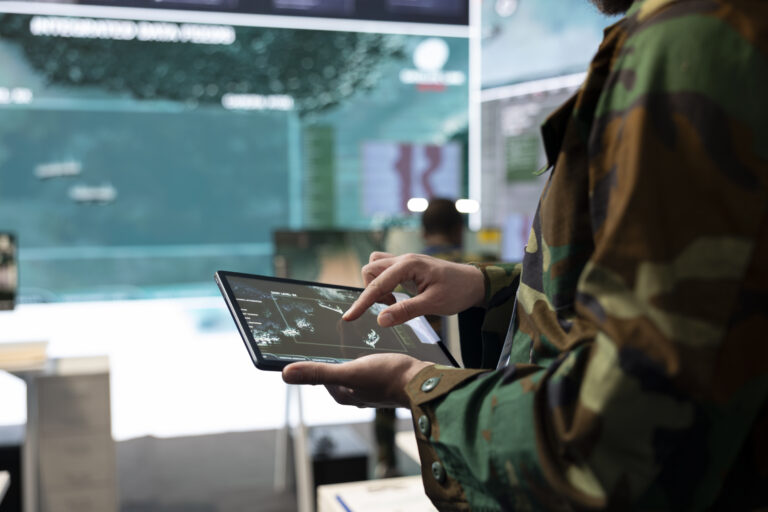
Business woman hand with Financial charts and laptop on the table
Introduction
We are living in a time when every click, swipe, and tap has economic value. From liking a post to searching for a recipe, our digital behaviors feed into an invisible economy that moves billions of dollars around daily. Behind every interaction, algorithms, advertisers, and corporations compete for our attention. The so called “click economy” has turned human attention into one of the most valuable commodities on the face of the earth.
This isn’t just about understanding how this economy works in terms of marketing or technology; it’s about realizing that our digital actions are shaping global wealth distribution and redefining how power operates online.
The Value of a Click
At face value, one click means very little. Within the digital economy, though, such a gesture speaks to potential revenues. Every time a user clicks on an ad or signs up for and buys something, data is created data that could be analyzed later, sold, or at least used to predict future behaviors.
A report from McKinsey in 2024 estimated that digital advertising reached over $600 billion worldwide, with much of that growth attributed to platforms leveraging behavioral information. It’s not the click that matters; it’s what it reveals: a set of preferences, desires, and habits. These data enabled companies to fine tune their targeting and resulting conversion rates exponentially.
In this sense, data has become the new oil, a resource extracted from our online lives, refined by algorithms, and monetized by corporations that understand how to keep us engaged.
Platforms Built for Engagement
The major digital platforms, from Google to TikTok, represent nothing more than an ecosystem optimized for one thing: maximizing user engagement. Each design choice, each notification, and each scroll pattern is carefully studied to ensure we stay online longer. The more time we spend online, the more advertising we are exposed to, and hence the more valuable our attention becomes.
The consequences of this model, called the attention economy, are psychological. Researchers at Stanford University have shown that the brain’s reward centers respond to social media notifications similarly to gambling rewards, reinforcing addictive behaviors. The economic incentive is clear: the more we click, the more money platforms make.
But the cost remains unaccounted for, as in the process, our focus, mental well being, and the ability to think deeply are silently eroded in lieu of profits of a few.
The Rise of Microtransactions and Digital Behavior Monetization
The click economy extends beyond advertising. The modern mode of digital consumption belongs to microtransactions, subscriptions, and gamified purchases. Video games offer subtle nudges that tell users to spend just a little more, as do streaming platforms and even educational apps.
Consider mobile gaming, for instance. According to a report by Newzoo, 70% of app store revenue is constituted by “in app purchases” small, impulsive decisions triggered by dopamine driven mechanics. It is no accident that many games are designed around reward loops rather than pure entertainment.
We even observe similar patterns outside entertainment. Streaming services recommend content designed to keep users binge watching. Ecommerce sites create artificial scarcity: “Only 3 left in stock!” These strategies are not random; rather, they are calculated mechanisms to convert clicks into dollars.

Data as the New Power
What really drives the click economy is not money; it is data. Technology giants collect, analyze, and cross reference billions of user actions every day. In this torrent of data, predictive algorithms can be trained in anticipating our behavior better than we do ourselves.
Data brokers and advertisers then convert that predictive power into influence not only over what we buy but also over what we believe. During recent elections and global movements, it became clear that the same techniques used to sell products can also shape opinions and emotions at a societal scale.
It raises some key ethical and philosophical questions: who owns our data, should our digital behaviour be a tradable asset, and if our attention is the product, what does that make us the consumers or the consumed?
The Human Side of the Click Economy
There is also a human element within all this beyond the realm of numbers and algorithms. We have traded pieces of our privacy and time for convenience, personalization, and connection. Indeed, it’s easy to underestimate the price of “free” platforms when the cost is paid out in attention and emotional energy.
From a personal perspective, it requires awareness to navigate this economy. Choosing where to click, what to consume, and when to disconnect becomes a form of resistance. In a world optimized to keep us online, intentionality is power.
According to experts, digital literacy and critical thinking are tools that will help safeguard autonomy. When people begin to realize that every click feeds into a system, they start making more conscious choices not just as users but also as citizens of the digital world.
Conclusion
The click economy represents one of the most fascinating paradoxes of our time: it democratizes access to information while it concentrates wealth and power in the hands of a few. Every digital action we take fuels this global network of algorithms, advertisers, and investors who thrive on attention.
Recognizing the value of our clicks is where we start to take back some control. We cannot avoid this system, but we can engage with it intelligently, valuing our time, focus, and data just as much as the corporations do.
Ultimately, digital age wealth is all about human interaction. Perhaps the next great revolution won’t come with more clicks but rather with learning when not to click.






